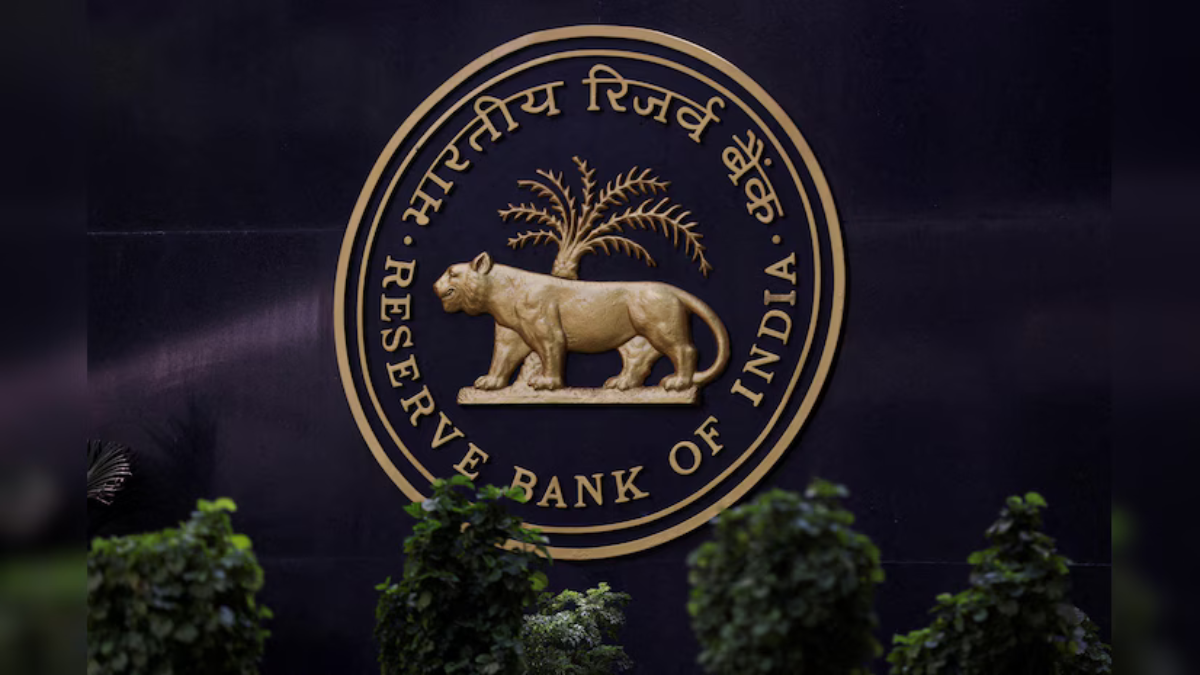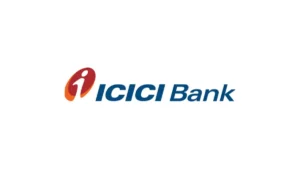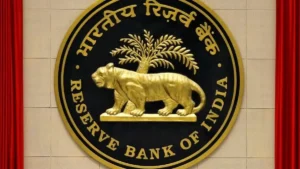The Indian government has made a significant move in monetary policy governance by appointing three new external members to the Reserve Bank of India’s (RBI) Monetary Policy Committee (MPC). This decision comes at a crucial juncture, just days before a key policy meeting scheduled for October 9.
New Appointments and Their Significance
The New External Members
- Ram Singh – Currently serving as the Director of Delhi School of Economics, University of Delhi
- Saugata Bhattacharya – A distinguished economist known for his expertise in monetary policy
- Dr. Nagesh Kumar – The Director and Chief Executive of the Institute for Studies in Industrial Development, New Delhi
Outgoing Members
The new appointments will replace three veteran economists whose four-year terms expire on October 4:
- Ashima Goyal – Professor from Mumbai
- Jayanth Varma – Professor at IIM-Ahmedabad
- Shashanka Bhide – Senior Adviser based in New Delhi
Timing and Implications
Global Context
The appointments come amid a shifting global monetary landscape. The U.S. Federal Reserve recently made its first interest rate reduction since 2020, cutting rates by 50 basis points in September. This move has created pressure on central banks worldwide to reconsider their monetary policies to prevent potential market instability.
Domestic Considerations
The Indian economy is showing signs of moderation, leading to calls for interest rate cuts. However, RBI Governor Shaktikanta Das has maintained a cautious stance, emphasizing the need to see inflation consistently at the 4% target before considering rate reductions.
Historical Impact of MPC Leadership Changes
The Patel-Das Transition
The transition from Governor Urjit Patel to Shaktikanta Das in December 2018 marked a significant shift in monetary policy approach:
- Patel was known for his hawkish stance, resisting rate cuts even when inflation hit a record low of 1.46% in June 2017
- Das demonstrated a more flexible approach, implementing a surprise rate cut in his first MPC meeting in February 2019
The Role and Selection of MPC Members
Committee Structure
- The MPC consists of six members
- Three members are RBI representatives, including the Governor
- Three are external members
Selection Process
A panel led by:
- RBI Governor Shaktikanta Das
- Cabinet Secretary T.V. Somanathan
- Economic Affairs Secretary Ajay Seth
Final approval comes from the Prime Minister’s Office
Tenure and Expertise
- External members serve a four-year term
- They are typically renowned economists with academic backgrounds or specialists in finance and macroeconomics
Current Policy Dynamics
Dovish vs. Hawkish Stances
The outgoing external members have generally taken more dovish positions compared to their RBI counterparts:
- Both Goyal and Varma advocated for rate cuts in recent meetings
- Bhide, while voting with RBI officials, expressed concerns about high rates impacting economic growth
Summary of the News
| Summary/Static | Details |
| Why in the news? | The Indian government has made a significant move in monetary policy governance by appointing three new external members to the Reserve Bank of India’s (RBI) Monetary Policy Committee (MPC). |
|
The New External Members |
|
|
Outgoing Members |
The new appointments will replace three veteran economists whose four-year terms expire on October 4:
|
|
Static GK |
|




 PhonePe Launches AI-Powered Natural Lang...
PhonePe Launches AI-Powered Natural Lang...
 ICICI’s New Swasthya Pension Scheme: A S...
ICICI’s New Swasthya Pension Scheme: A S...
 RBI’s New Rulebook: UTI Required for All...
RBI’s New Rulebook: UTI Required for All...








